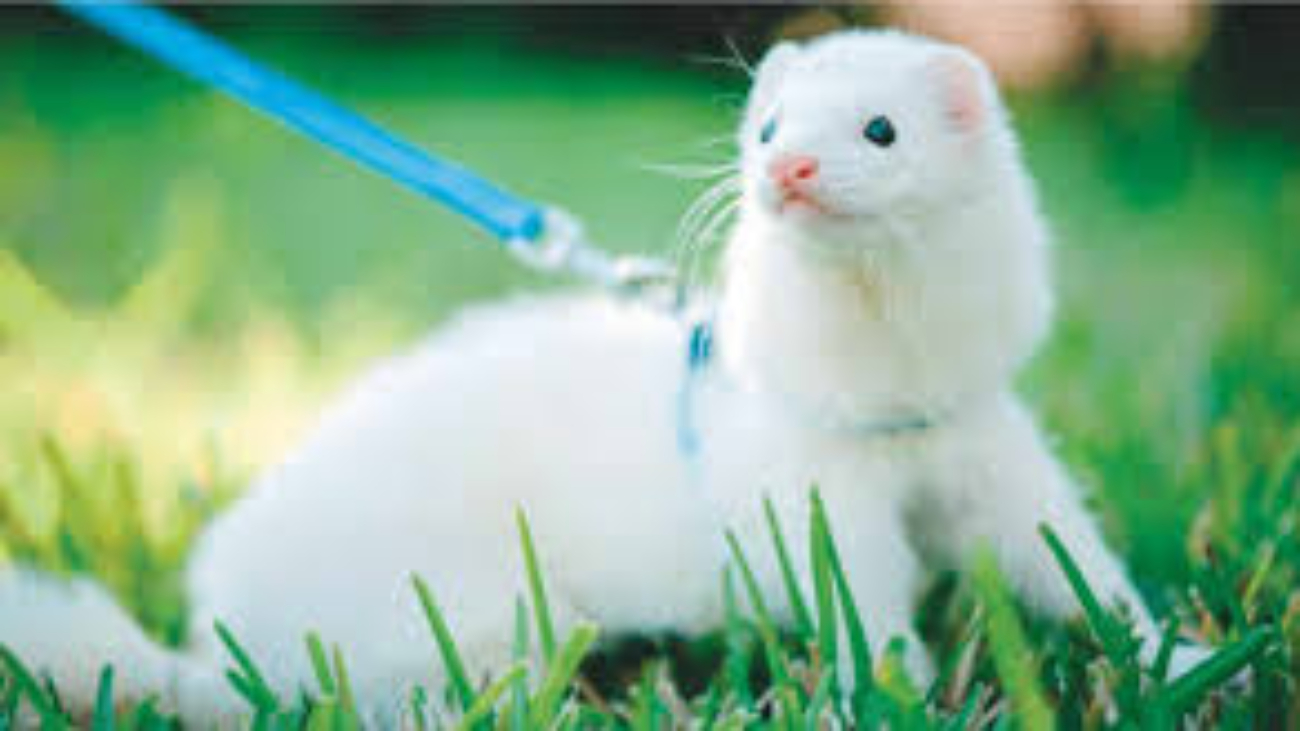Ferrets For Sale Near Me, If you’re considering adding a ferret to your family, you’re in for a delightful adventure. These playful, curious creatures make excellent pets, bringing joy and energy to any household. However, finding the perfect ferret involves more than just a quick search. Here’s a detailed guide to help you find ferrets for sale near you and ensure you’re prepared for this exciting addition.
Why Choose a Ferret?
Ferrets are known for their playful and mischievous nature. They are highly intelligent, social animals that can form strong bonds with their owners. Ferrets can also adapt well to various living environments, making them suitable for apartments and houses alike. Their small size and relatively low maintenance compared to other pets, like dogs or cats, make them an appealing choice for many.
Where to Find Ferrets for Sale
- Pet Stores: Many pet stores carry ferrets, particularly larger chains that specialize in small animals. It’s important to visit reputable stores that provide proper care and handling for their animals. Look for stores with knowledgeable staff who can answer your questions about ferret care.
- Breeders: Purchasing from a breeder can be a good option if you’re looking for a specific type or color of ferret. Reputable breeders can provide detailed information about the ferret’s lineage, health history, and personality traits. Ensure that the breeder you choose adheres to ethical breeding practices.
- Rescue Organizations and Shelters: Adopting a ferret from a rescue organization or shelter is a wonderful way to provide a loving home to an animal in need. These organizations often have ferrets of various ages, including adults and older kits. Adoption fees are typically lower than purchasing from a breeder or pet store, and you’ll have the satisfaction of giving a ferret a second chance at a happy life.
- Online Marketplaces: Websites like Craigslist, Hoobly, and various pet forums often have listings for ferrets for sale. While this can be a convenient option, it’s crucial to exercise caution. Verify the seller’s credibility and ask for detailed information about the ferret’s health and background.
What to Look For When Buying a Ferret
- Health: Ensure the ferret appears healthy. Look for bright eyes, clean ears, a shiny coat, and an alert demeanor. Avoid ferrets that appear lethargic, have discharge from their eyes or nose, or show signs of illness.
- Age: Ferrets typically live for 6-10 years. If you’re looking for a pet that will be with you for a long time, consider a younger ferret. Older ferrets can also make wonderful pets and may already be trained and socialized.
- Temperament: Spend time interacting with the ferret to gauge its personality. Ferrets should be curious, playful, and friendly. If possible, observe how the ferret interacts with other animals and people.
Preparing for Your New Pet
Before bringing your ferret home, make sure you have the necessary supplies:
- Cage: A spacious, multi-level cage with plenty of room for play and exploration.
- Bedding: Soft, absorbent bedding material that’s safe for ferrets.
- Food and Water: High-quality ferret food, fresh water, and appropriate feeding dishes.
- Toys and Accessories: Ferrets love to play, so provide a variety of toys, tunnels, and climbing structures.
- Litter Box: Ferrets can be litter trained, so include a litter box with suitable litter.
Ferret Care Tips
- Diet: Ferrets are obligate carnivores, so their diet should primarily consist of meat-based foods. High-quality ferret kibble or a raw diet can provide the necessary nutrients.
- Exercise: Ferrets are active animals that need plenty of exercise and mental stimulation. Allow them supervised time outside their cage daily.
- Health Care: Regular veterinary check-ups are essential to monitor your ferret’s health. Vaccinations and preventive care for parasites are also important.
Conclusion
Finding ferrets for sale near you can be an exciting and rewarding process. Whether you choose to buy from a pet store, a breeder, or adopt from a rescue organization, it’s important to ensure that you’re well-prepared for the responsibility of caring for these lively creatures. With the right preparation and care, your new ferret will bring endless joy and companionship to your life.



